Every parent has the right to decide how to raise their child. It may seem as a personal matter however, there are certain habits that can seriously impact the development of a child. Take a look at some of the bad parenting skills.
Raising children isn’t easy. In fact, it’s a gut-wrenching, second-guessing, hair-pulling, “I need Advil and a whole bottle of wine” kind of job.
When our kids are growing up, and we are knee-deep in those parenting trenches, it gets rough and sticky. And while some of us are good at navigating through, not a single one of us is perfect.
I would like to think we all have good intentions, but there are definitely some things we do and say that end up harming our kids, whether we realize it or not. When we are aware of certain parenting habits, we can change in order to help instead of harm their growth and maturity.
10 Bad Parenting Skills That Affect Children Negatively
Here are a few bad parenting habits that harm our kids.
1. We hush and shush them.
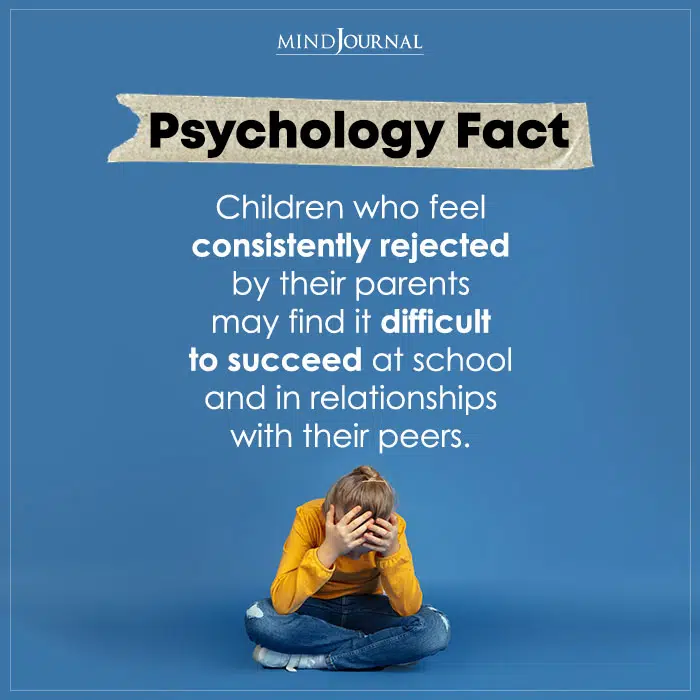
Sometimes we do it before we even know what they are trying to say. Obviously there are plenty of times when kids need to keep quiet, but being shushed all the time will make them feel unimportant. Keeping them quiet now may keep them quiet later when they actually need to speak up.
2. Or, we interject and answer for them.
When someone asks our children a question, some of us are too quick to talk over or answer for them. Sometimes this happens when they are speaking too slowly, or if they are simply taking a moment to think. When they don’t answer quickly enough or in detail, we feel compelled to give the answer or the information for them. We need to encourage our kids to speak for themselves.
3. We micromanage their lives.
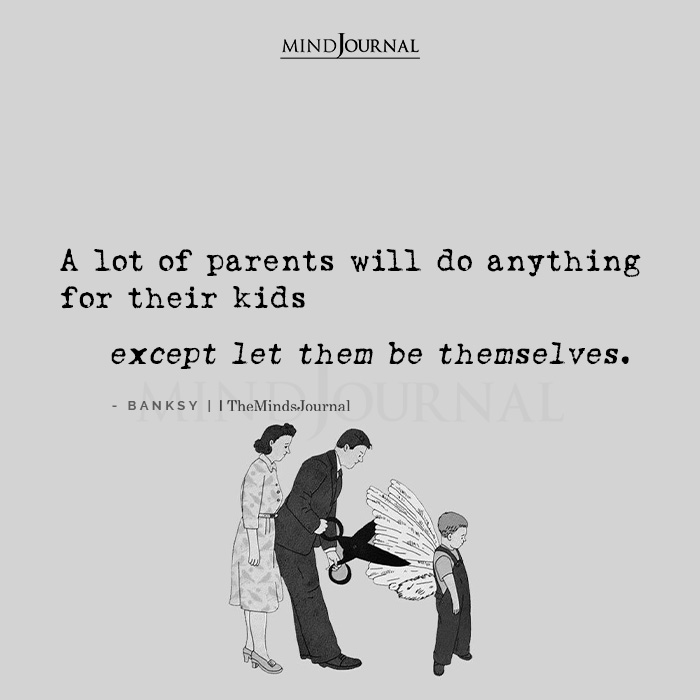
We fear too much down time, so we sign them up for every activity under the sun. And when they return from an activity, we want to hear every last detail. We play 20 questions until their eyes roll back into their heads, and it’s exhausting for everyone involved. And then we wonder why our kids are so quiet all the time.
Related: 10 Do’s and Don’ts To Keep Your Parenting Healthy and Non Toxic
4. We make sure they aren’t bored.
We want them to be excited, engaged and filled with motivation most of the time. And we provide lessons for everything – from musical instruments and theater to sports and dance. They are so busy that sometimes their truest interests don’t have a chance to blossom or take shape.
Kids need to enjoy the things they are involved in enough to want to practice. Letting them ask for more before we give it is a great idea. And cutting down on activities isn’t such a bad thing because boredom is the mother of invention and free thinking.
5. We allow too much screen time.
TV, computers, iPads, Smart Phones, video games – we all love it, but all of it is just too much. Screens of every kind are a very convenient distraction. We use them as rewards and time fillers. We withhold them as punishments. Technology becomes, sometimes, a way for our children to hide from the world.
It keeps them from dealing with reality and it provides instant gratification – two things quite detrimental to their development.
Related: What You Can Do To Help When Mistakes Upset Your Kids
6. We give them too many options.
Choices, choices, choices. An easy example of this is dinner. Instead of simply making dinner and putting it on the table, we make offers. Take-out or homemade? Mexican or Italian or Thai or Sushi? It’s okay to ask them what they want from time to time, but we do it way too much.
We do it because we want them to be happy and we want their happiness to be easy. But what an abundance of choice tends to do instead, is create a sense of entitlement. Wants become confused with their needs.
7. We resolve their conflicts.
We are troubled when our child feels discomfort, especially in social situations. When he or she is having an issue with a friend, for example, some of us become embroiled in their drama. Some of us find it necessary to become overly involved in order to orchestrate a solution. We can’t seem to back off and let them work it out because we hate seeing them upset. When our children feel sad and have to figure out how to talk things out with their friends, they are learning important life and relationship skills that will serve them well later.
Related: How to Raise Emotionally Intelligent Children: 3 Crucial Lessons To Teach
8. We apologize for them.
Why are we so sorry when they misbehave? We can certainly express disappointment in our child and say “I’m sorry this happened, this is not what we are teaching him/her” in a given situation, but when we apologize for our children, they learn that we are somehow to blame when they do something wrong. And that makes no sense.
9. Or, we make excuses for them.
We sometimes feel the need to justify our child’s behavior, because it’s embarrassing. While some of our children indeed have diagnosed issues where an explanation may be what is needed to help others understand, many of our children do not – and there’s no excuse for disruptive or disrespectful behavior. When we hold our children accountable for their actions, they learn that they are responsible for how they behave and what they say.
10. We withhold affection when they make mistakes.
Sometimes we get so angry, hurt, or disappointed by our children’s mistakes or behavior that we become quiet and standoffish around them. We might give them the cold shoulder for a while. This passive-aggressive reaction is something that hurts our children.
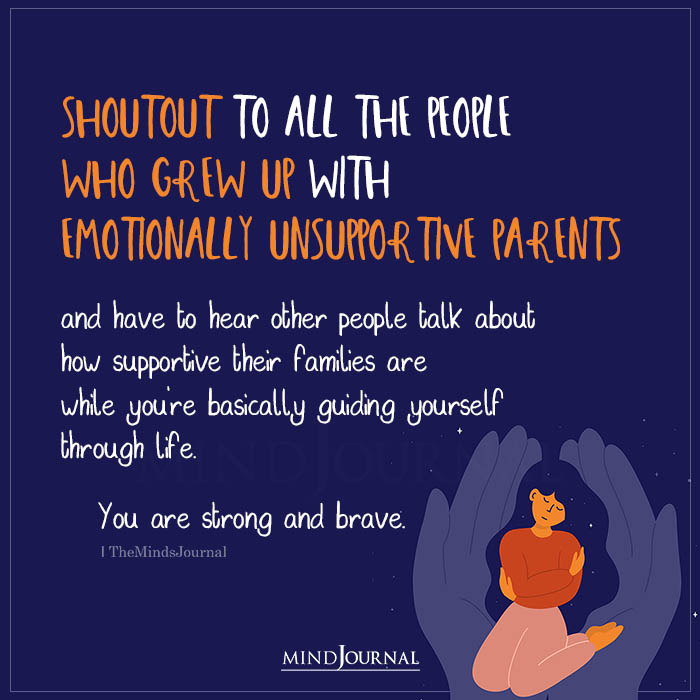
With it, our children learn that they must be “perfect” in order to maintain mommy and daddy’s approval and love. Our children must feel and know that our love is there even when they make mistakes. They are not perfect, and neither are we.
When we are aware of some of our well intended, poor parenting habits, we can tweak them in time for the betterment of their growth and development.
We hope that you were able to learn from the signs of bad parenting and will avoid them in the future for a healthy relationship with your child.
Related: Over-Controlling Parents: The Burden Of Being Over Controlled As A Child
If you want to know more about poor parenting then here is a video about some bad habits of parents that may affect a child:
Frequently Asked Questions (FAQs)
Why is strict parenting bad?
Strict parenting may regulate behavior briefly, but it has a negative impact on a child’s ability to self-regulate. Instead, severe punishments cause people to reject taking responsibility for their own actions.
What are the signs of bad parenting?
When a parent puts their personal interests over the best interests of their children, this is known as bad parenting. They control their actions, micromanage them, avoid them, and so forth.
How does bad parenting affect a child?
Those children who don’t experience good parenting are more at risk for troubles in interpersonal relationships, mental health conditions like anxiety or depression, and unresolved anger or trauma among other negative outcomes.
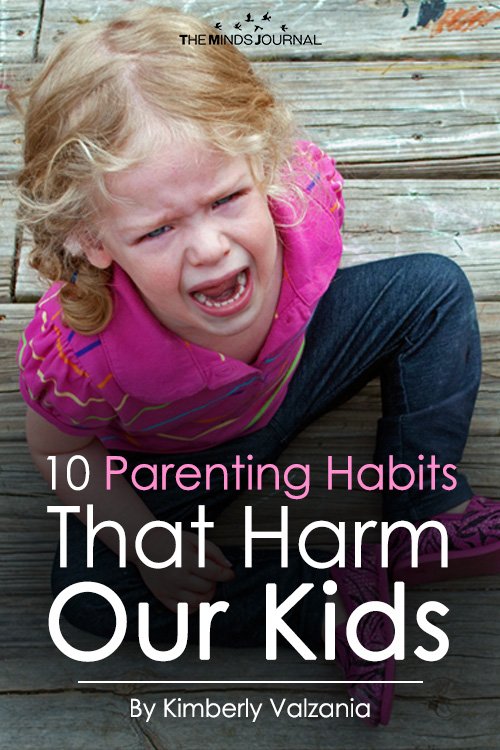
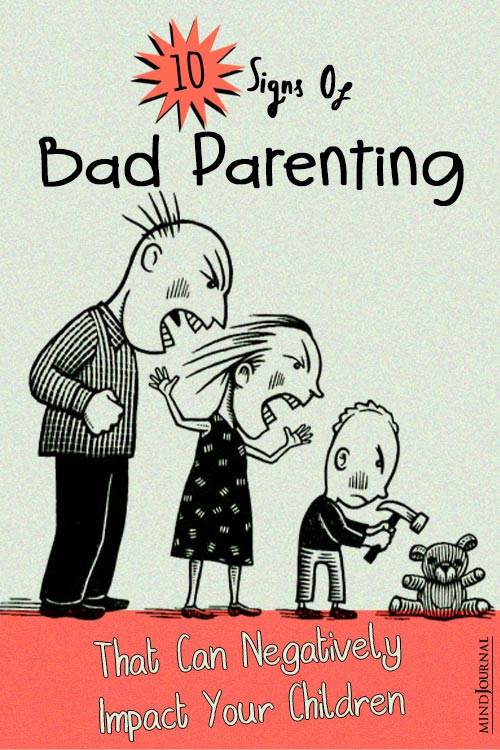
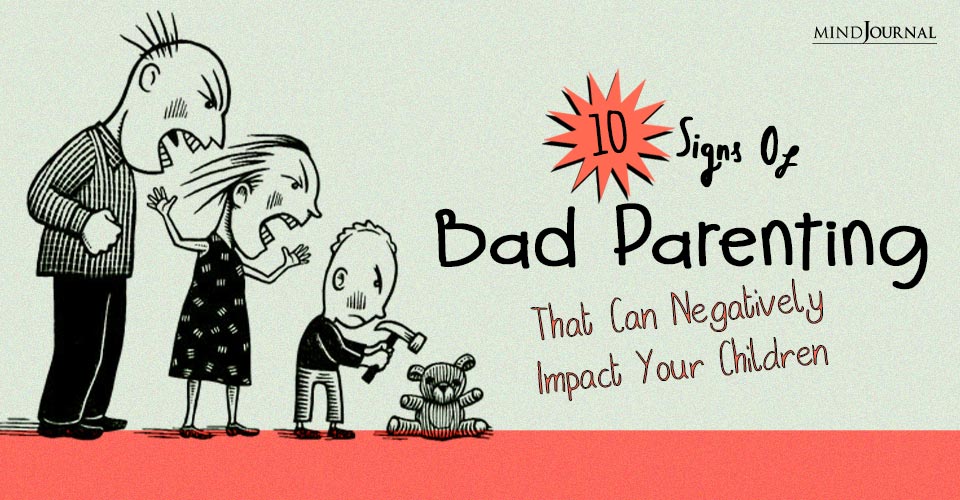







Leave a Reply
You must be logged in to post a comment.